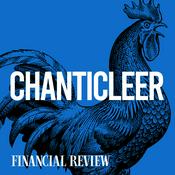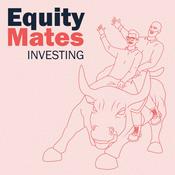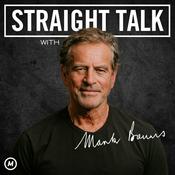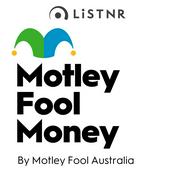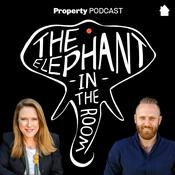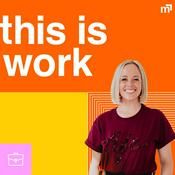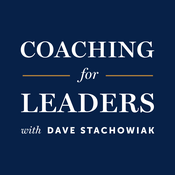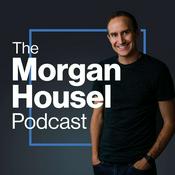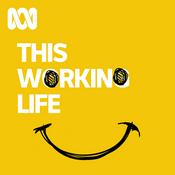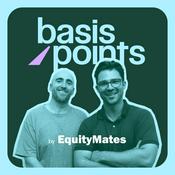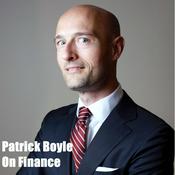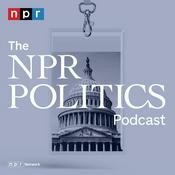432 episodes
- Book tour event details and ticket info here.
An iconic cartoon character liberated from copyright, journalism from the world of competitive spreadsheeting, a controversial piece of US currency. Each year the Planet Money team dedicates an episode to the things we simply love and think you, our audience, will also love.
In this year’s Valentine’s Day episode:
The Public Domain Day list from Jennifer Jenkins’ of Duke’s Center for the Study of the Public Domain and her colleagues.
Jesse Dougherty’s article “Between the sheets at the college Excel Championship” which is behind a paywall. Here is Jesse’s substack.
404 Media’s excellent journalism on the tech that ICE is using
An ode to the language of the penny, including songs like Pennies from Heaven.
The only self-check out that doesn’t waste your time.
And we made public domain Valentine’s cards.
Download THE OFFICIAL Planet Money valentine here.
Pre-order the Planet Money book and get a free gift. / Subscribe to Planet Money+
Listen free: Apple Podcasts, Spotify, the NPR app or anywhere you get podcasts.
Facebook / Instagram / TikTok / Our weekly Newsletter.
This episode of Planet Money was hosted by Kenny Malone. It was produced by James Sneed with help from Sam Yellowhorse Kesler, fact-checked by Sierra Juarez, engineered by Cena Loffredo & Kwesi Lee, and edited by our executive producer Alex Goldmark.
Learn more about sponsor message choices: podcastchoices.com/adchoices
NPR Privacy Policy - Book tour tickets and details here.
Today, the story of three inventions. The first, the sewing machine, was created by a selfish and ambitious inventor who wanted all the credit and was willing to fight a war for it.
The second, a more modern invention, was made by an Italian inventor who wanted only to connect the world through video, so “evvvvverybody can talk with evvvvverybody else.”
And, a third invention that tied them both together across more than a century. The patent pool.
How do people get motivated to invent, and how do they get rewarded for their ideas? Usually through a patent. And, when the thicket of patents becomes too thick, how do we simplify, and make it so inventors can work together? The answer will involve bitter rivals, a sewing machine war, the nine no-no’s of anti-trust, and something called a gob-feeder.
Subscribe to Planet Money+
Listen free: Apple Podcasts, Spotify, the NPR app or anywhere you get podcasts.
Facebook / Instagram / TikTok / Our weekly Newsletter.
This episode was hosted by Erika Beras and Sam Yellowhorse Kesler. It was produced by Luis Gallo and edited by Marianne McCune. It was fact-checked by Sierra Juarez and engineered by Cena Loffredo. Alex Goldmark is Planet Money's executive producer.
Learn more about sponsor message choices: podcastchoices.com/adchoices
NPR Privacy Policy - Book tour tickets and details here.
The recent protests in Iran are about so many things. Human rights, corruption, freedom. But this time – they are also motivated by economic hardship. Hardship caused, in part, by US sanctions.
The US has been sanctioning Iran in one way or another for 47 years. But sanctions, as a tool, only work some of the time, and US sanctions on Iran have not always conformed to what experts consider best practices.
On today’s episode: What did US sanctions do to Iran's economy? How did they feed into the latest protests and crackdown in Iran? Sanctions are supposed to avert war, but how different from war are they?
To learn more about the protests in Iran and the country’s history, check out our great friends at Throughline:
Iran Protests Explained
Iran and the U.S., Part One: Four Days In August
Iran and the U.S., Part Two: Rules of Engagement
Iran and the U.S., Part Three: Soleimani’s Iran
Subscribe to Planet Money+
Listen free: Apple Podcasts, Spotify, the NPR app or anywhere you get podcasts.
Facebook / Instagram / TikTok / Our weekly Newsletter.
This episode was hosted by Mary Childs and Nick Fountain. It was produced by James Sneed with help from Willa Rubin. It was edited by Marianne McCune, fact-checked by Sierra Juarez, and engineered by Cena Loffredo and Jimmy Keeley. Planet Money’s executive producer is Alex Goldmark.
Learn more about sponsor message choices: podcastchoices.com/adchoices
NPR Privacy Policy - Planet Money book tour ticket info and dates here.
A record number of Americans with poor or just okay credit are behind on their car payments. And once last year’s numbers are tallied, an estimated 3 million cars will have been repossessed in 2025. That would be on par with how bad it got during the Great Recession. What’s going on? And why now?
Today on the show, we focus on the micro part of the story to answer the macro question. First, we hear a favorite story of ours from 2019. We follow the lifecycle of a delinquent car loan from three different perspectives: the salesman, the driver, and the repo man. Then we’ll hear an update from them in 2026 as we try to find out why so many Americans are behind on their car payments.
Subscribe to Planet Money+
Listen free: Apple Podcasts, Spotify, the NPR app or anywhere you get podcasts.
Facebook / Instagram / TikTok / Our weekly Newsletter.
This episode is hosted by Kenny Malone and Preeti Varathan. It was originally produced by Darian Woods and edited by Bryant Urstadt. Our update was reported by Vito Emanuel and produced by Sam Yellowhorse Kesler, and edited by Planet Money’s executive producer, Alex Goldmark.
Learn more about sponsor message choices: podcastchoices.com/adchoices
NPR Privacy Policy - Book tour dates and ticket info here.
Housing is too expensive. Everyone knows this. Democrats know that talking about it plays well with voters. And now – in a midterm election year – President Donald Trump seems to be focused on it, too.
His administration has recently started talking more about affordability. And they’re taking action with two new initiatives that aim to make buying a house easier.
Today on the show, we’re gonna take a close look at these two moves. And ask: Will they work?
Subscribe to Planet Money+
Listen free: Apple Podcasts, Spotify, the NPR app or anywhere you get podcasts.
Facebook / Instagram / TikTok / Our weekly Newsletter.
This episode was produced by Willa Rubin with production help from Sam Yellowhorse Kesler. It was edited by Marianne McCune, fact-checked by Sierra Juarez, and engineered by Jimmy Keeley and Cena Loffredo. Alex Goldmark is our executive producer.
Music: NPR Source Audio - "No Problem,” “Fruit Salad,” “Checking In” and “Day Dreamer.”
Learn more about sponsor message choices: podcastchoices.com/adchoices
NPR Privacy Policy
More Business podcasts
Trending Business podcasts
About Planet Money
Wanna see a trick? Give us any topic and we can tie it back to the economy. At Planet Money, we explore the forces that shape our lives and bring you along for the ride. Don't just understand the economy – understand the world.Wanna go deeper? Subscribe to Planet Money+ and get sponsor-free episodes of Planet Money, The Indicator, and Planet Money Summer School. Plus access to bonus content. It's a new way to support the show you love. Learn more at plus.npr.org/planetmoney
Podcast websiteListen to Planet Money, Chanticleer and many other podcasts from around the world with the radio.net app

Get the free radio.net app
- Stations and podcasts to bookmark
- Stream via Wi-Fi or Bluetooth
- Supports Carplay & Android Auto
- Many other app features
Get the free radio.net app
- Stations and podcasts to bookmark
- Stream via Wi-Fi or Bluetooth
- Supports Carplay & Android Auto
- Many other app features


Planet Money
Scan code,
download the app,
start listening.
download the app,
start listening.

